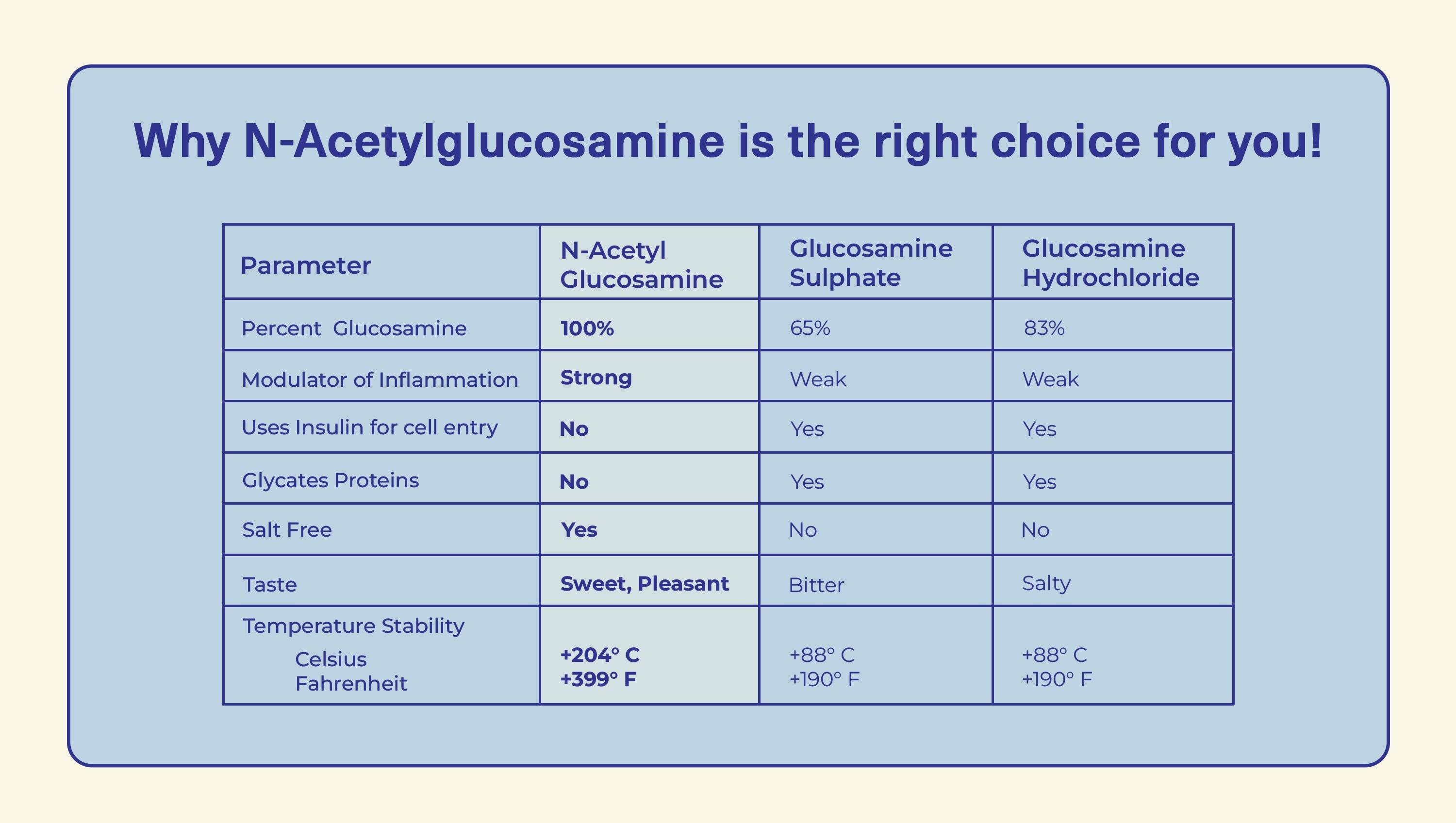

· De Pooja Kukreja
Early Signs of Joint Degeneration Most People Ignore
We often assume joint pain is something we only need to worry about in old age. But here’s the truth: joint degeneration can begin much earlier than you think — and most people miss the early warning signs until things get worse.
The good news? The earlier you catch it, the easier it is to manage. Let's talk about the quiet signals your joints might be sending you, and what you can do about it.
Morning Stiffness That Fades
Do your knees or hands feel stiff when you wake up, but loosen up after a while? That’s not just "sleep posture" — it’s a classic early sign of joint wear. Temporary stiffness after inactivity (like sleeping or sitting for long periods) can indicate cartilage starting to break down.
Clicking or Popping Sounds
If you hear a soft "click" when you move your joints — especially your knees or shoulders — it could be harmless. But persistent clicking, especially when paired with discomfort, might signal joint misalignment or early cartilage thinning.
Mild, Occasional Pain with Movement
Do your joints ache only after exercise, or when climbing stairs? Many people brush this off as overuse, but recurring pain with activity could mean your joints are losing their natural cushioning.
Reduced Range of Motion
Can’t squat or stretch the way you used to? A gradual decline in flexibility or movement without any injury is another red flag. It often signals inflammation or structural changes in your joints.
Joint Fatigue
It might sound strange, but joints can feel "tired." If everyday activities like walking or typing start to feel unusually tiring for your joints, it might mean the surrounding cartilage and tissue aren’t functioning optimally anymore.
Why These Signs Matter
Joint degeneration doesn’t happen overnight. It starts slowly with cartilage breakdown, inflammation, and a weakening of the joint structure. If left unchecked, it can lead to chronic pain or osteoarthritis.
The sooner you act, the better your chances of slowing the process — and even supporting cartilage repair through lifestyle, movement, and smart nutrition.
What You Can Do Now
- Don’t ignore the little things: Mild pain is still a signal.
- Stay active, but low impact: Walking, swimming, stretching all help keep joints lubricated.
- Support your joints nutritionally: Key supplements like N-Acetylglucosamine have shown potential to help support cartilage and reduce inflammation.
- Strengthen surrounding muscles: Strong muscles take pressure off your joints.
Your joints are talking to you — and now you know how to listen.
1 Commentaire
-
Good article alerting one to be proactive about the signals our body gives us, particularly pain.
Farida Visram, le



